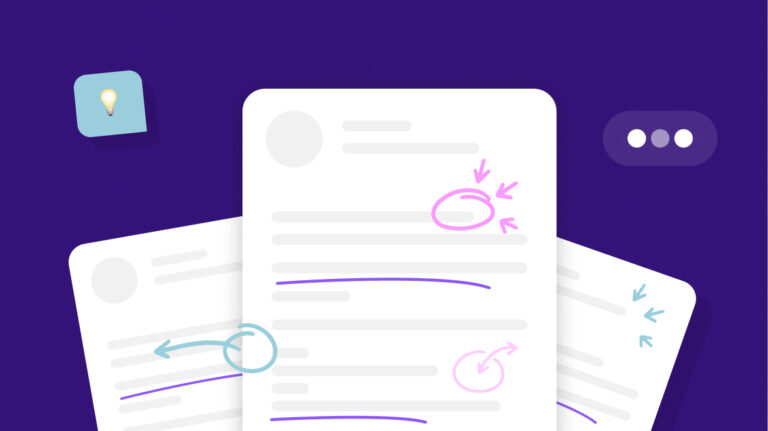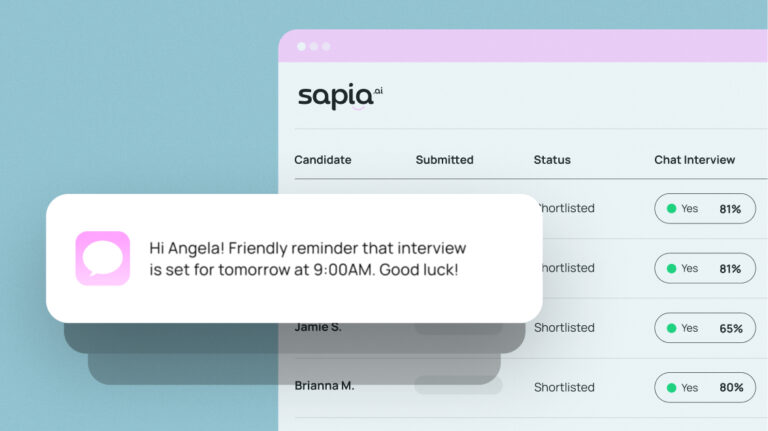Right-sizing the correct way, with fairness, efficiency and data!

Restructures happen and there is a correct way to right-size
In my career, I have been involved in either leading or managing countless restructures. The driving force behind these restructures ranged from offshoring capability to migrating to new or emerging skill requirements, right-sizing a particular function, or the basic need to reduce operating cost.
While each of these projects delivered on their outcomes, I would argue they had varying levels of success in preserving the organisational talent and corporate memory required.
Why?
This is in large part due to the lack of data informing the choices made by the organisation.
More often than not, organisations will work towards a target – this could be FTE, Headcount, or Cost Reduction for example. Choices to achieve this target are often made in isolation of critical information.
I have seen situations where the people who kept their jobs vs lost their jobs was made on relationship merit, not on skills, capability or cultural alignment. I have also seen examples where it is a numbers game. Here, the end goal is purely to achieve the target. This leaves some organisations scrambling for contractors and consultants to backfill their critical skill gaps.
With the world in economic freefall (cue the dramatic music) we are going to see more and more organisations looking to right-size their workforce in-line with consumer confidence and spending.
When skills are no longer in shortage, what differentiates the good from great performers in your organisation?
Personality and behaviour.
So, with this in mind, how can an organisation make choices which are informed by data, unpinned by fairness, while still being efficient?
Personality and behavioural assessments have long been used in the recruitment and promotion of individuals. However, they are rarely used when right-sizing or restricting an organisation. This seems like a glaring and obvious opportunity. In right-sizing, you are effectively making hiring and promotion decision within your existing workforce.
When comparing the apples with apples, personality and behavioural assessments allow you to focus on the attributes which will differentiate your workforce for the next phase of your organisational journey . Then depending on what this journey is, you have the opportunity to codify the critical capabilities required.
Sapia has been partnering with many organisations locally and globally. Together we not only re-imagine how our partners use personality and behavioural assessments in recruitment, but also its application to the entirety of the HR lifecycle.
Unlike traditional personality & behavioural profiling, Sapia is powered by AI, utilising conversational text to assess individuals. Not capturing any protected attributes, this process removes the opportunity of bias creeping in. Thus, it allows you to make informed, a data-driven decision about your future workforce on culture & values alignment.
The future is chat and AI!
Yes, personality is widely accepted as an indicator of job performance.
Until now, the only way to accurately measure personality was through long and repetitive personality tests. The Sapia team breaks new ground disrupting decades of assessment practice. This is done by showing that answers to standard interview questions, through a text-based mobile interview can be used to reliably infer personality traits.
Get the published research here
Join the movement
To keep up to date on all things “Hiring with Ai” subscribe to our blog!
You can try out Sapia’s Chat Interview right now, or leave us your details here to get a personalised demo.


